A doll’s house nora monologue – In Henrik Ibsen’s renowned play “A Doll’s House,” Nora’s monologue stands as a pivotal moment, revealing the complexities of her character and the play’s exploration of gender roles, societal expectations, and individual freedom.
This monologue not only sheds light on Nora’s inner struggles but also contributes to the play’s overall message, making it a crucial piece of the Ibsenian repertoire.
Introduction to “A Doll’s House”
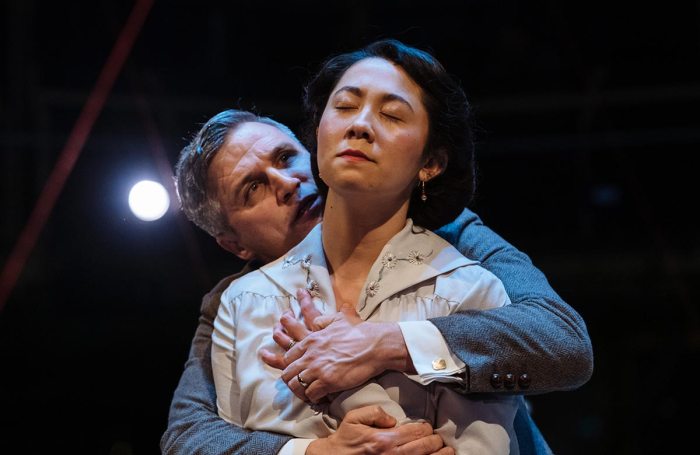
A Doll’s House, written by Norwegian playwright Henrik Ibsen, is a groundbreaking play that explores the themes of gender roles, societal expectations, and personal freedom in the 19th century.
The play is set in Norway during the Victorian era, a time of strict social norms and gender inequality. Nora Helmer, the central character, is a young woman trapped in a seemingly perfect marriage. However, beneath the surface, Nora’s life is filled with secrets and unspoken desires.
Nora’s Role and Significance
Nora is a complex and dynamic character who challenges the traditional expectations of women in her society. She is intelligent, independent, and longs for a life beyond the confines of her domestic role.
Through Nora’s journey, Ibsen explores the consequences of living in a society that restricts individual freedom and the importance of self-discovery and personal growth.
Nora’s Monologue: Analysis and Interpretation
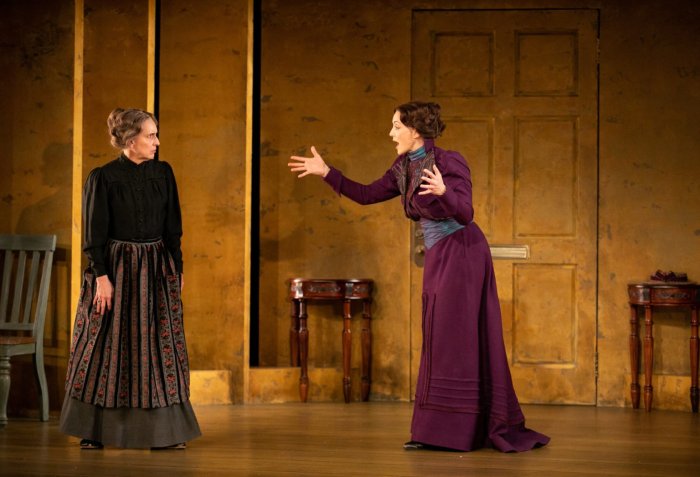
Nora’s monologue, delivered at the climax of “A Doll’s House,” serves as a pivotal moment in the play, marking Nora’s profound transformation and her decision to leave her husband and home. Through this monologue, Nora reveals her true self, her pent-up frustrations, and her longing for a life of independence and self-respect.
Nora’s powerful monologue from “A Doll’s House” resonates with its exploration of societal expectations and women’s autonomy. As she confronts her husband, Torvald, her words evoke a sense of liberation and defiance. Among the many striking terms she employs, Nora’s mention of “scribbling” and “script” invites a deeper dive into words with scrib or script . These terms suggest the transformative power of writing and the significance of Nora’s own narrative in challenging the societal norms that confine her.
Key Themes and Ideas
Nora’s monologue expresses several key themes that are central to the play:
- Feminine Identity and Liberation:Nora rejects the traditional role of a “doll” and asserts her own identity as an individual with rights and aspirations.
- The Importance of Self-Sacrifice:Nora has always prioritized her husband and children’s needs over her own, but she realizes that true self-sacrifice requires her to choose her own happiness.
- The Hypocrisy of Society:Nora exposes the hypocrisy of the society that has condemned her for her actions, while allowing men like her husband to escape accountability.
Specific Examples
Here are some specific lines and passages from Nora’s monologue that illustrate her thoughts and emotions:
“I have been living here eight years with a strange man, and I have borne him three children. Oh, I can’t bear to think of it! I have given him my life, my youth, my beauty. All he has given me is a home, a livelihood, and food and drink. That’s what he has given me. That’s what I have been paid with. That’s what I have sold myself for.”
“I must work for myself now. I must stand alone. If I am ever to find out what I am fit for, I must try to find it out for myself.”
“The most wonderful thing in the world is to know that you are free, that you are your own master.”
Nora’s Characterization through the Monologue: A Doll’s House Nora Monologue
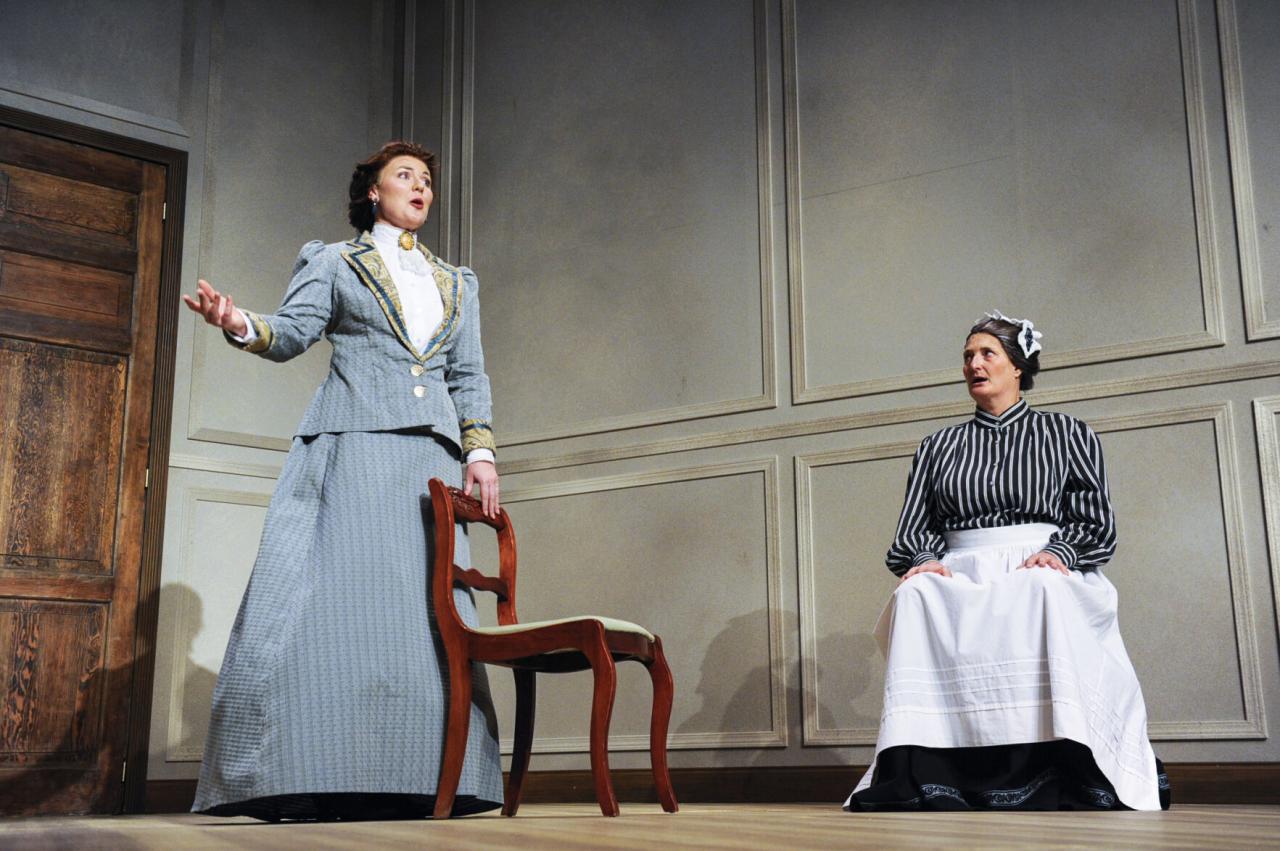
Nora’s monologue serves as a powerful lens into her complex personality, revealing her inner struggles, motivations, and the transformative journey she undergoes throughout the play. Through her words, we gain insights into her desires, her sense of self, and the societal constraints that shape her existence.
Language, Imagery, and Symbolism
Nora’s language is characterized by its playfulness and charm, reflecting her vibrant and lively nature. However, beneath this surface, her words reveal a depth of emotion and a yearning for freedom. She employs vivid imagery and symbolism, such as the “doll’s house” and the “miracle,” to convey her sense of entrapment and her desire for liberation.
Nora’s Transformation and Awakening, A doll’s house nora monologue
The monologue marks a pivotal moment in Nora’s transformation. As she confronts her husband’s hypocrisy and the stifling nature of her marriage, she begins to question her own identity and the expectations placed upon her. Through her words, we witness her growing awareness of her own strength and independence, leading to her eventual decision to leave her husband and pursue a life of self-discovery.
Thematic Connections within the Monologue
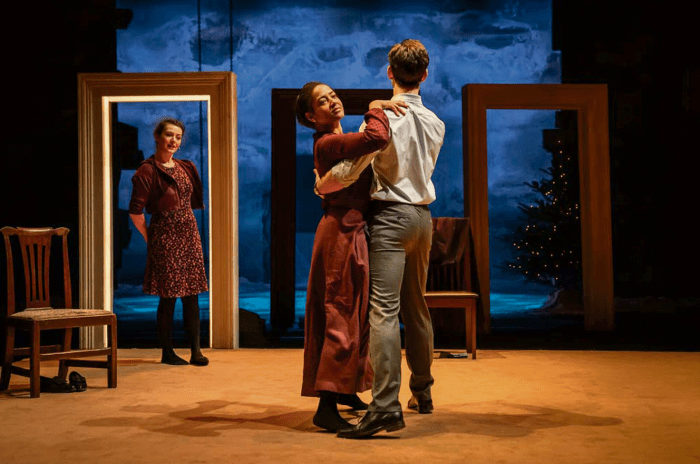
Nora’s monologue in “A Doll’s House” serves as a powerful reflection of the play’s broader themes. It delves into the complexities of gender roles, societal expectations, and individual freedom, contributing significantly to the play’s overall message and impact.
Gender Roles
The monologue exposes the oppressive nature of gender roles in 19th-century society. Nora has been treated as a “doll” by her husband, Torvald, who has controlled her every move and decision. Her speech reveals her frustration and resentment at being denied the autonomy and self-determination that men enjoy.
Societal Expectations
Nora’s monologue also challenges the societal expectations placed on women. She has been expected to be a subservient wife and mother, but her speech shows that she longs for something more. She wants to be treated as an equal and to have the freedom to make her own choices.
Individual Freedom
Underlying the monologue is the theme of individual freedom. Nora’s speech is a declaration of her independence. She refuses to conform to the roles that society has assigned her and instead chooses to forge her own path. Her monologue serves as an inspiration for others who seek to break free from societal constraints.
Nora’s Monologue in the Context of Ibsen’s Other Works
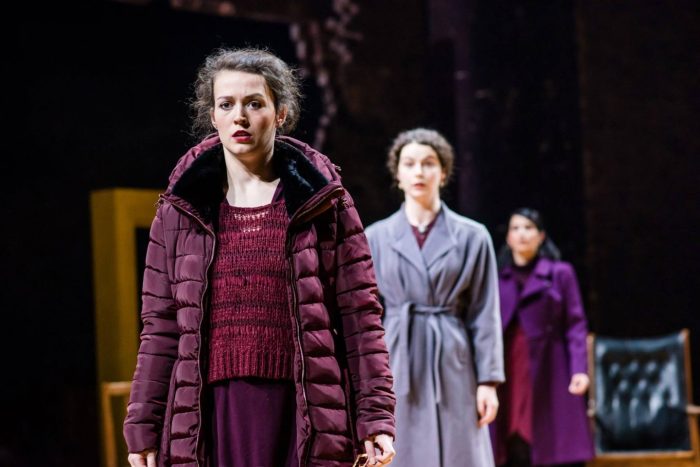
Nora’s monologue in A Doll’s Houseis a powerful and iconic piece of writing that has been analyzed and interpreted by scholars and critics for over a century. It is one of Ibsen’s most famous monologues, and it has been compared to other monologues from his plays, such as Hedda Gabler’s monologue in Hedda Gablerand Rebecca West’s monologue in Rosmersholm.
One of the most striking similarities between Nora’s monologue and other monologues from Ibsen’s plays is their use of language. Ibsen was a master of dialogue, and his characters’ monologues are often full of rich and evocative language. Nora’s monologue, for example, is full of metaphors and similes, which she uses to describe her feelings of entrapment and oppression.
Nora’s Monologue and Hedda Gabler’s Monologue
Nora’s monologue and Hedda Gabler’s monologue are both spoken by women who are trapped in unhappy marriages. Both women are intelligent and independent, but they are both stifled by the expectations of society. Nora’s monologue is full of anger and frustration, while Hedda Gabler’s monologue is more resigned and despairing.
Nora’s Monologue and Rebecca West’s Monologue
Nora’s monologue and Rebecca West’s monologue are both spoken by women who are struggling to find their place in the world. Both women are strong and independent, but they are both also vulnerable and uncertain. Nora’s monologue is full of hope and determination, while Rebecca West’s monologue is more tentative and questioning.
Despite these similarities, there are also some important differences between Nora’s monologue and other monologues from Ibsen’s plays. One of the most significant differences is the way that Nora’s monologue is used to explore character. In Nora’s monologue, we learn a great deal about her thoughts and feelings, and we come to understand her motivations and desires.
In contrast, other monologues from Ibsen’s plays are often more focused on exploring theme. For example, Hedda Gabler’s monologue is used to explore the theme of boredom, while Rebecca West’s monologue is used to explore the theme of guilt.
Another important difference between Nora’s monologue and other monologues from Ibsen’s plays is the way that it is used to advance the plot. Nora’s monologue is a turning point in the play, as it is the moment when she finally realizes that she must leave her husband.
In contrast, other monologues from Ibsen’s plays are often more static, and they do not have as much of an impact on the plot.
Overall, Nora’s monologue is a powerful and important piece of writing that has had a significant impact on theater and literature. It is a monologue that is full of insight and understanding, and it offers a unique glimpse into the mind of a complex and fascinating character.
FAQ Section
What is the significance of Nora’s monologue in “A Doll’s House”?
Nora’s monologue is a turning point in the play, as it reveals her growing awareness of her own identity and the constraints placed upon her by society.
How does Nora’s monologue contribute to the play’s exploration of gender roles?
Nora’s monologue challenges the traditional gender roles of her time, as she questions her role as a wife and mother and asserts her own independence.
What are the key themes expressed in Nora’s monologue?
Nora’s monologue explores themes of identity, freedom, and self-discovery, as she grapples with the expectations of society and her own desires.